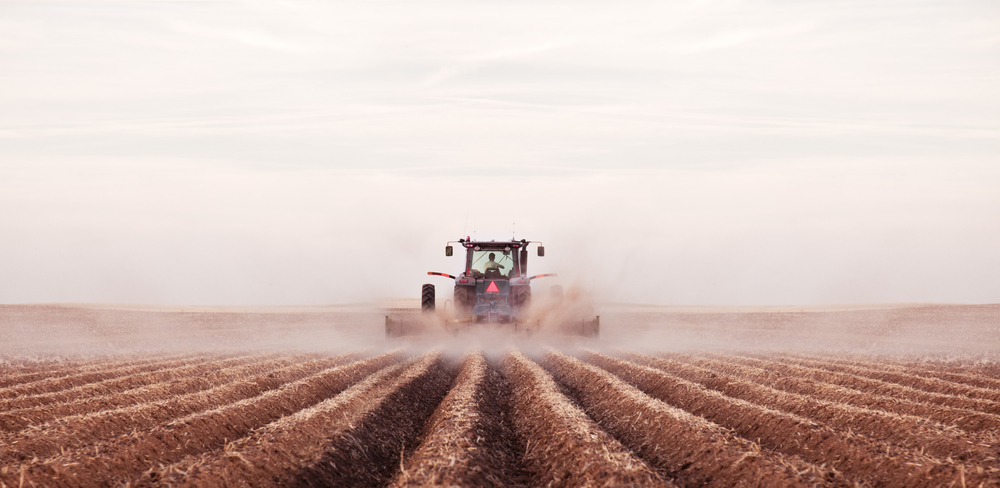In a new study entitled “Farm dust and endotoxin protect against allergy through A20 induction in lung epithelial cells” a team of researchers identified the link underlying the known protective effect of so-called farm dust against asthma. The study was published in the renowned journal Science.
In the new research, a team of scientists led by professors Bart Lambrecht and Hamid Hammad from VIB (a life sciences research institute) and Ghent University, both in Belgium, moved one step closer towards the development of an asthma vaccine. Their significant findings concerning the early-life exposure to farm dust and its relation to asthma constitute a major breakthrough in asthma research.
While known for many years that children growing up on farms were more protected from asthma, no conclusive scientific findings could support this hypothesis until now. To uncover the connection between the exposure to farm dust and protection against asthma and allergies, the researchers exposed a group of mice to farm dust extract from Germany and Switzerland. They found that those mice were fully resistant to dust mite allergies, the most common cause of allergies in humans. Subsequently, in order to trace back the cause for such resistance, the researchers unraveled the paramount role of the protein A20, which makes the respiratory tract react less severely to allergens such as the house dust mite.
Prof. Hamida Hammad (VIB/Ghent University) explained, “This effect is created by the A20 protein, which the body produces upon contact with farm dust. When we inactivate the A20 protein in the mucous membrane of the lungs, farm dust is no longer able to reduce an allergic or asthmatic reaction.” In other words, A20 induction helps cells within the lung epithelia to overreact when exposed to house dust mite.
These initial findings were then tested in patients and the teams discovered that those suffering more from allergies have a modification within the gene that codes for protective protein A20, leading to these patients’ overreaction to allergens, as Prof. Bart Lambrecht (VIB/Ghent University/Ghent University Hospital) noted, “We also assessed a test group of 2,000 children growing up on farms, and found that most of them are protected. Those who are not protected and still develop allergies have a genetic variant of the A20 gene which causes the A20 protein to malfunction.”
These findings prompted further research to identify the active substance in farm dust conferring protection. Once identified, this result will allow the development of a potential vaccine against asthma and other allergies.

